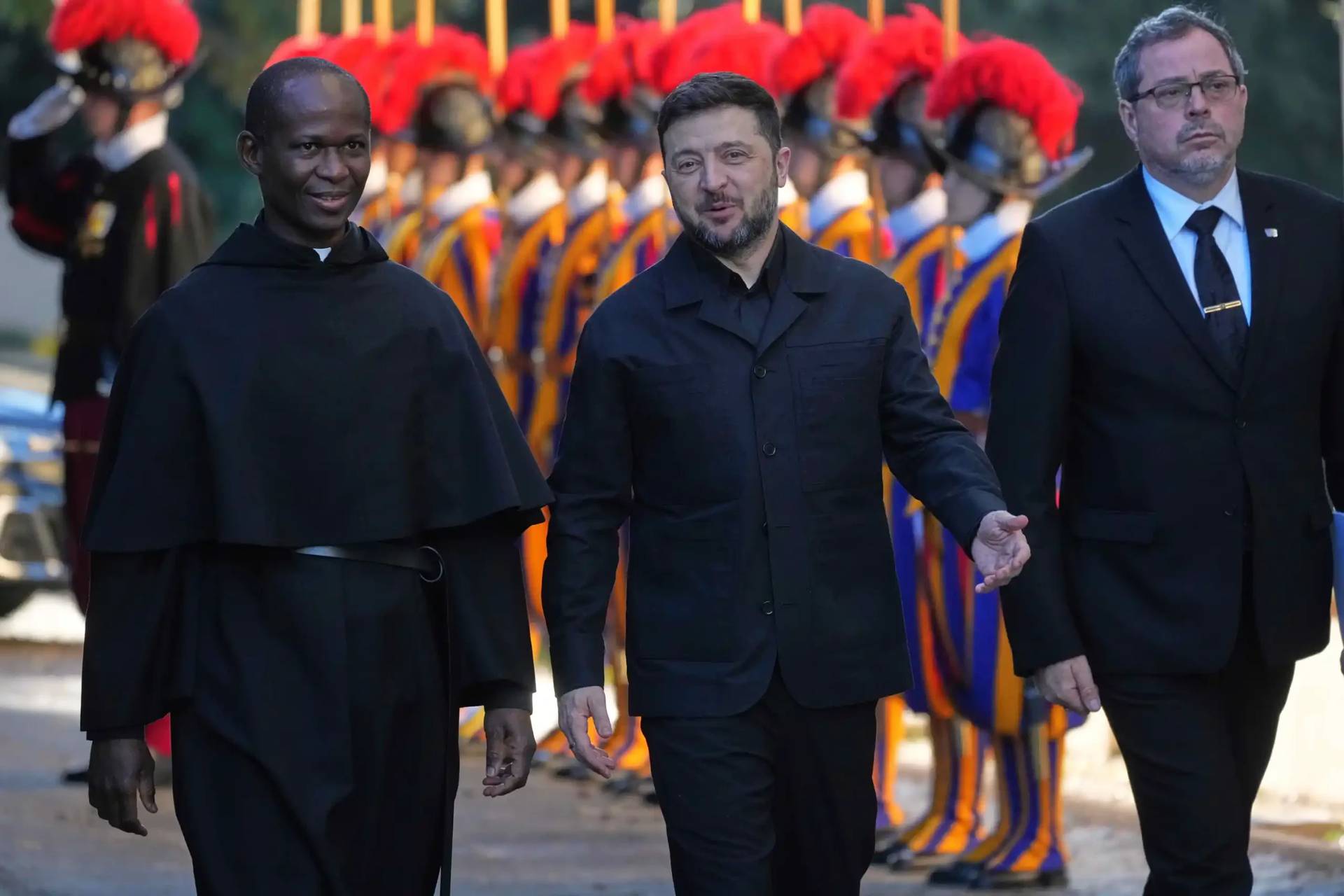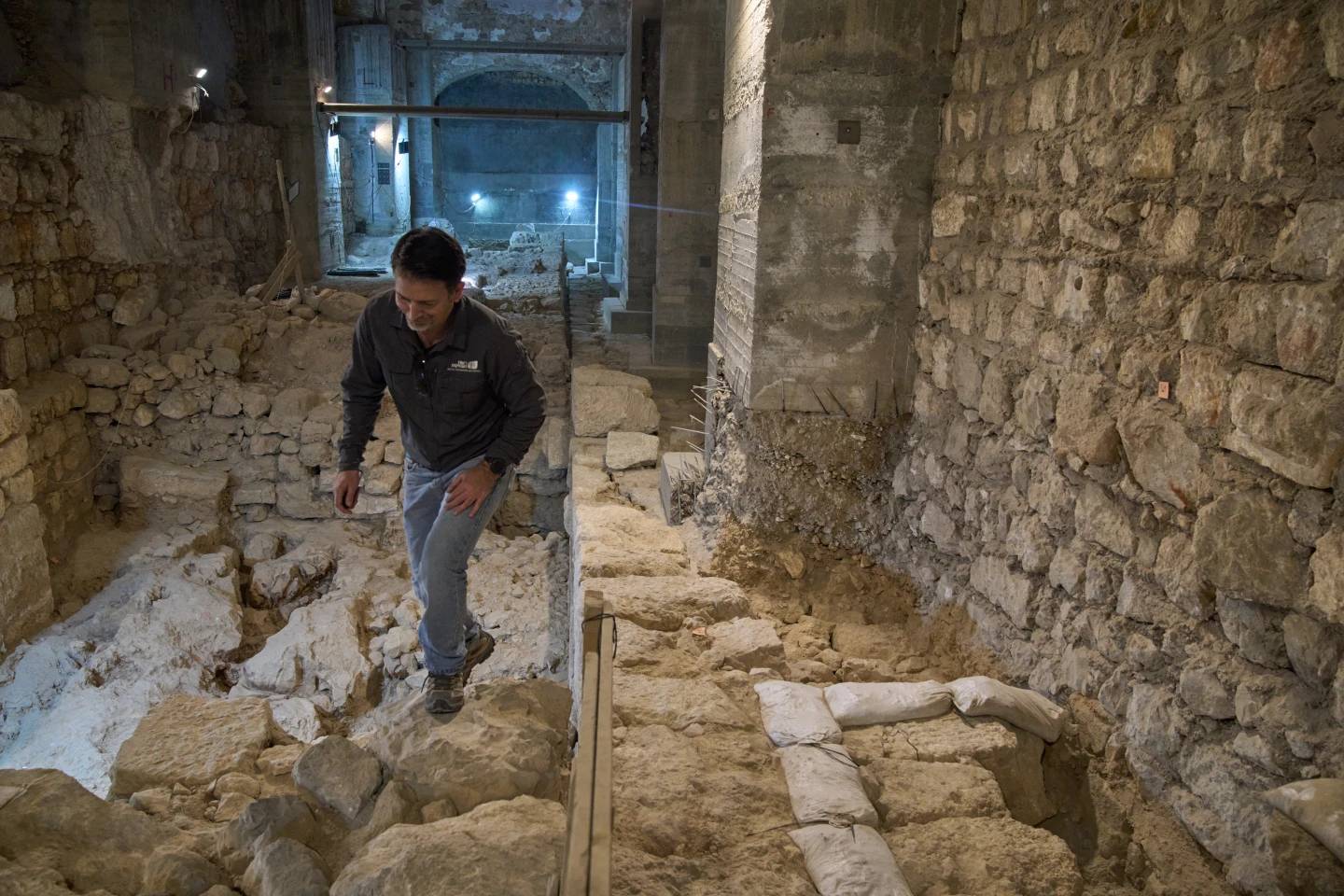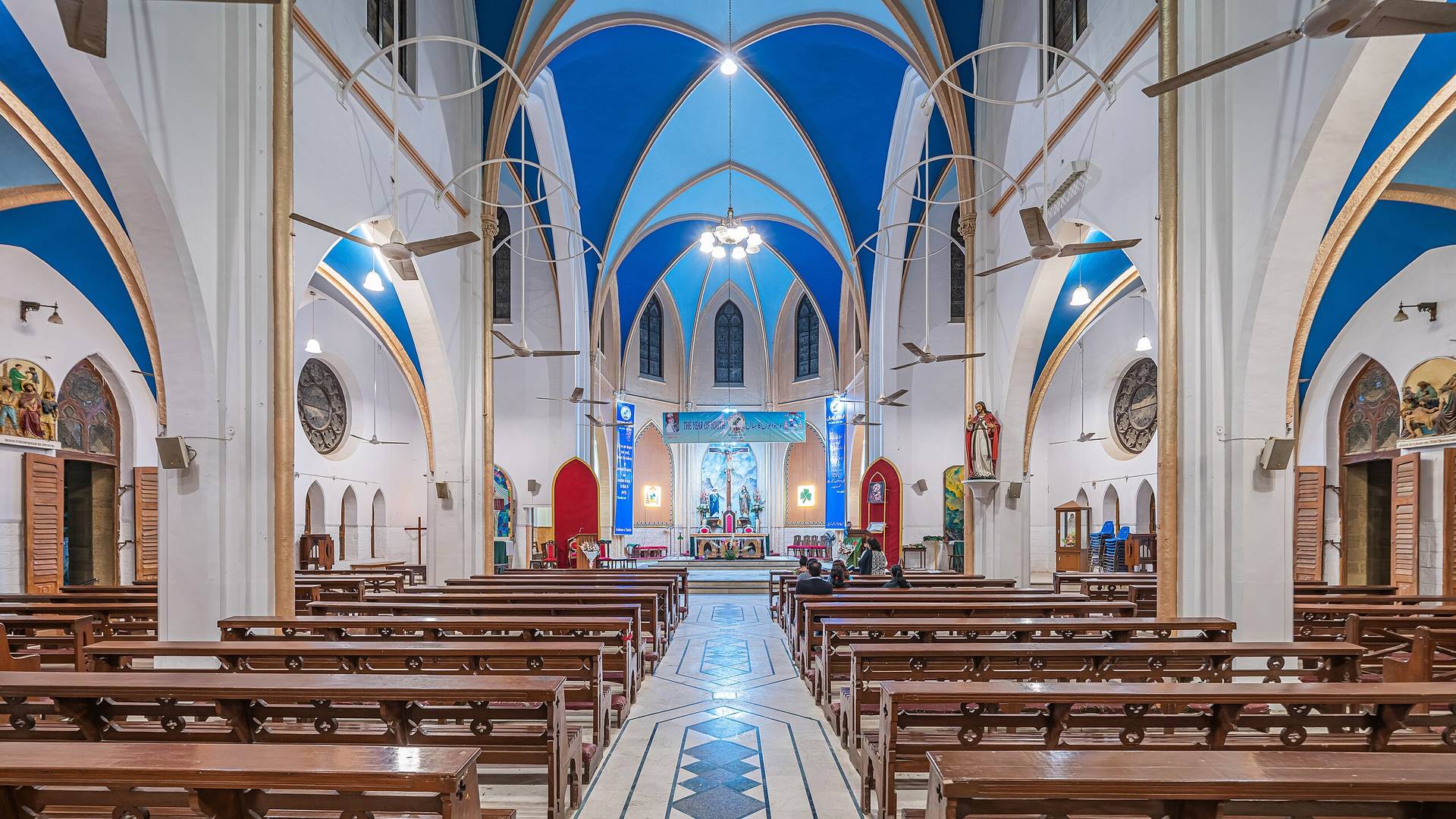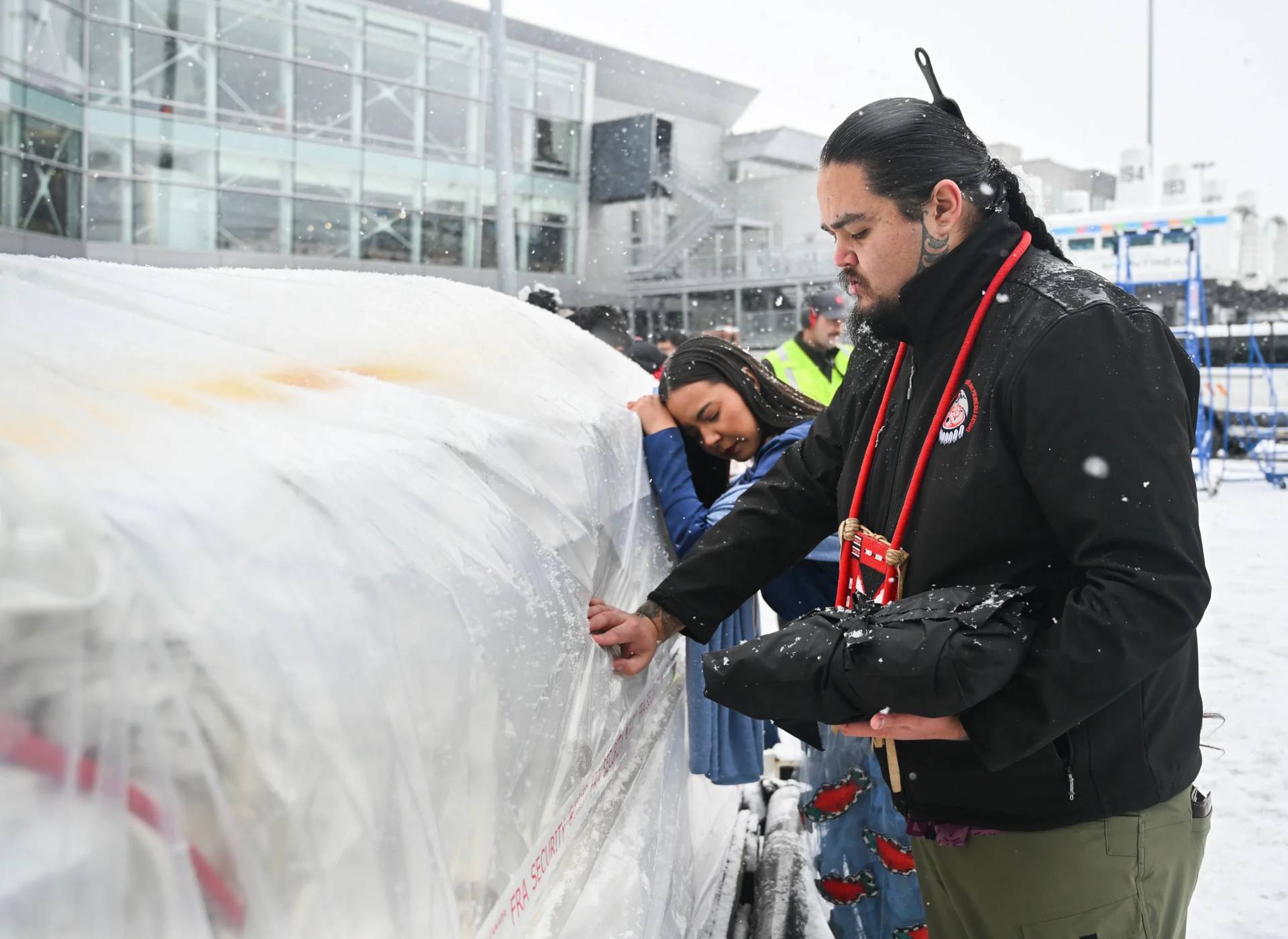Everyone in the Philippines is called to fight the menace of illegal drugs, and it will require cooperation and self-sacrifice, according to a new statement by the country’s Jesuit province.
President Rodrigo Duterte announced last year he would use any means to end the drug trade in the island nation, and promised to turn a blind eye to police and soldiers who used extra-judicial deadly force against drug traffickers.
Jesuit Father Antonio Moreno, the provincial of the order, said the battle against drugs cannot be won by guns and bullets alone.
“The evil that attacks the human with the power of the demonic, should unite us, not divide us. Battling this enemy, we learn how ineffectual, how flawed, our weapons are,” Moreno wrote in an August 24 pastoral letter.
“Instead of turning our weapons on one another, we must unite, coordinate, and allow good to ally with good; we must fight this enemy together,” the Jesuit continued. “Truly, the menace of drugs is not just a political or criminal issue. It is evil that attacks our humanity, turns human beings into zombies, policemen into murderers, criminals into lords, and the poor into the victims of their own security forces.”
RELATED: Philippine churches to ring bells to protest drug killings
More than 3,200 drug suspects have been gunned down by police since Duterte launched his crackdown in July 2016. More than 2,000 others have died in drug-related killings, including attacks by motorcycle-riding masked gunmen, who human rights groups allege are policemen in disguise or their civilian hit men.
Alarmed human rights groups have reported higher death tolls.
Moreno said building a drug-free, smart, socially-just religiously diverse society needs patient multi-sectoral collaboration of good people collaborating with good people.
“We cannot build the Philippine nation on the cadavers of the Filipino people,” he added.
The Philippine bishops have been outspoken against the increase in killings, referring to it as a “reign of terror” in a January 30 pastoral letter.
“If we neglect the drug addicts and pushers we have become part of the drug problem, if we consent or allow the killing of suspected drug addicts, we shall also be responsible for their deaths,” the bishops said.
“We cannot correct a wrong by doing another wrong,” they said. “A good purpose is not a justification for using evil means. It is good to remove the drug problem, but to kill in order to achieve this is also wrong.”
RELATED: Duterte’s bloody war on drugs slammed as ‘social cleansing’
Earlier this month, Manila Cardinal Luis Antonio Tagle offered to host a dialogue on the drug problem among government and police officials, along with families of victims, nongovernment groups and medical experts.
In his statement, Tagle appealed to the “consciences of those manufacturing and selling illegal drugs to stop this activity” and “to the consciences of those who kill even the helpless, especially those who cover their faces with bonnets, to stop wasting human lives.”
Anger and protests came to a head after the August 16 shooting death of a teenager, Kian Lloyd delos Santos, who police say was a drug dealer who opened fire with a pistol during a raid, prompting law enforcers to shoot him. The family of the slain 17-year-old student, however, says he was mercilessly shot by police as he was pleading for his life.
Moreno called the killing “heartless,” and said, “We cannot fight evil with guns and bullets alone. This evil we must fight with insight, cooperation, cunning, the enlightened use of political and economic power, self-sacrifice, prayer and God’s grace.”
Duterte has acknowledged he erred in his initial estimate — and campaign promise — to end the drug menace in three to six months and added that it would be difficult to have the problem under control during his six-year term. The crackdown, however, will not stop under his watch, he said.
RELATED: The story of the 26-year-old Filipino Jesuit on the road to sainthood
Moreno said the government should follow the recommendations of the Jesuit’s Ateneo de Manila Human Rights Center on the issue of extrajudicial killings.
- To enact a law clearly defining “extrajudicial killings” in line with internationally recognized standards.
- To conduct an impartial investigation and prosecute all cases of extrajudicial or summary killings. This entails proper documentation of each alleged violation, including the preservation of the evidence gathered.
- To ensure the protection of witnesses to alleged enforced disappearances and extrajudicial killings and their immediate families.
- To ensure that police officers engaged in anti-drug operations are aware that killing perpetrated by them where suspects resist arrest does not enjoy the presumption of regularity, and as such, they must prove the legality of such killings.
The Jesuit leader said that although “we wish to be in solidarity with all victims of injustice, we must move beyond expressions of outrage to constructive action,” and urged all sectors of society – government, church, and NGOs – to work together to solve the crisis.
“Truly, we must conquer evil with good,” Moreno said.

















